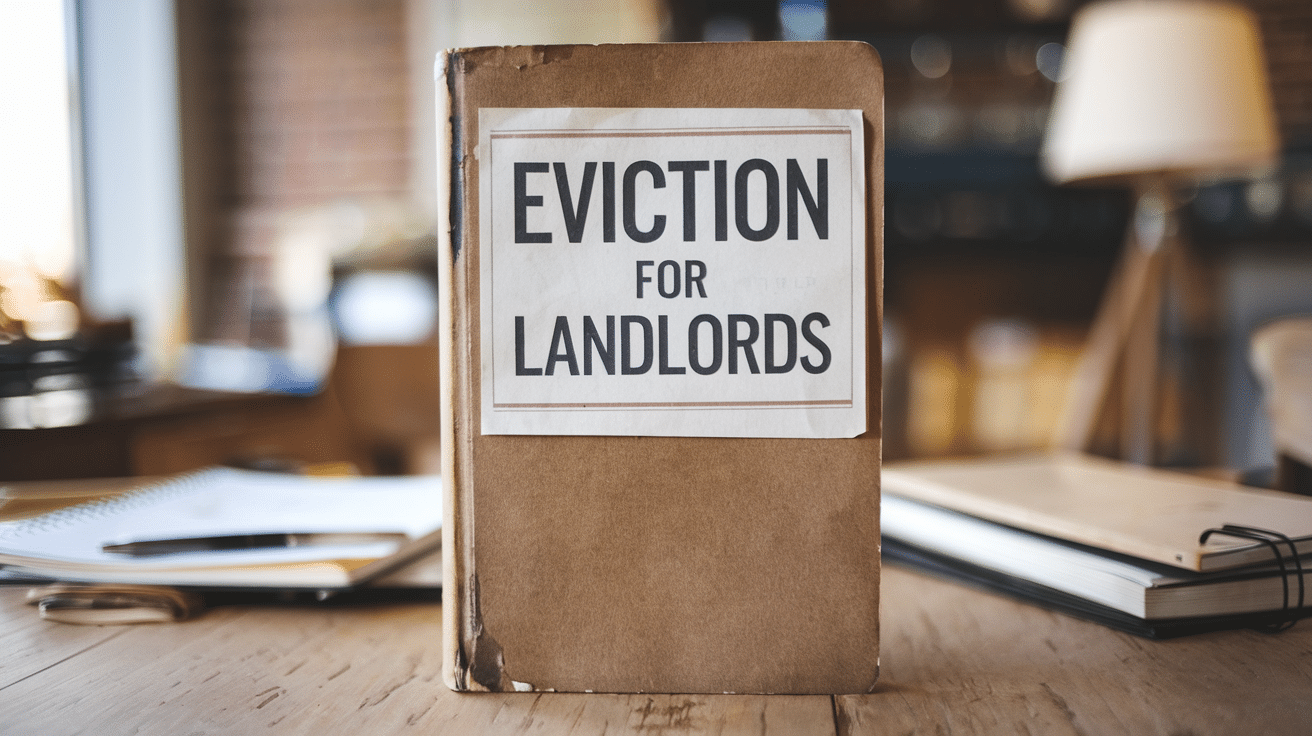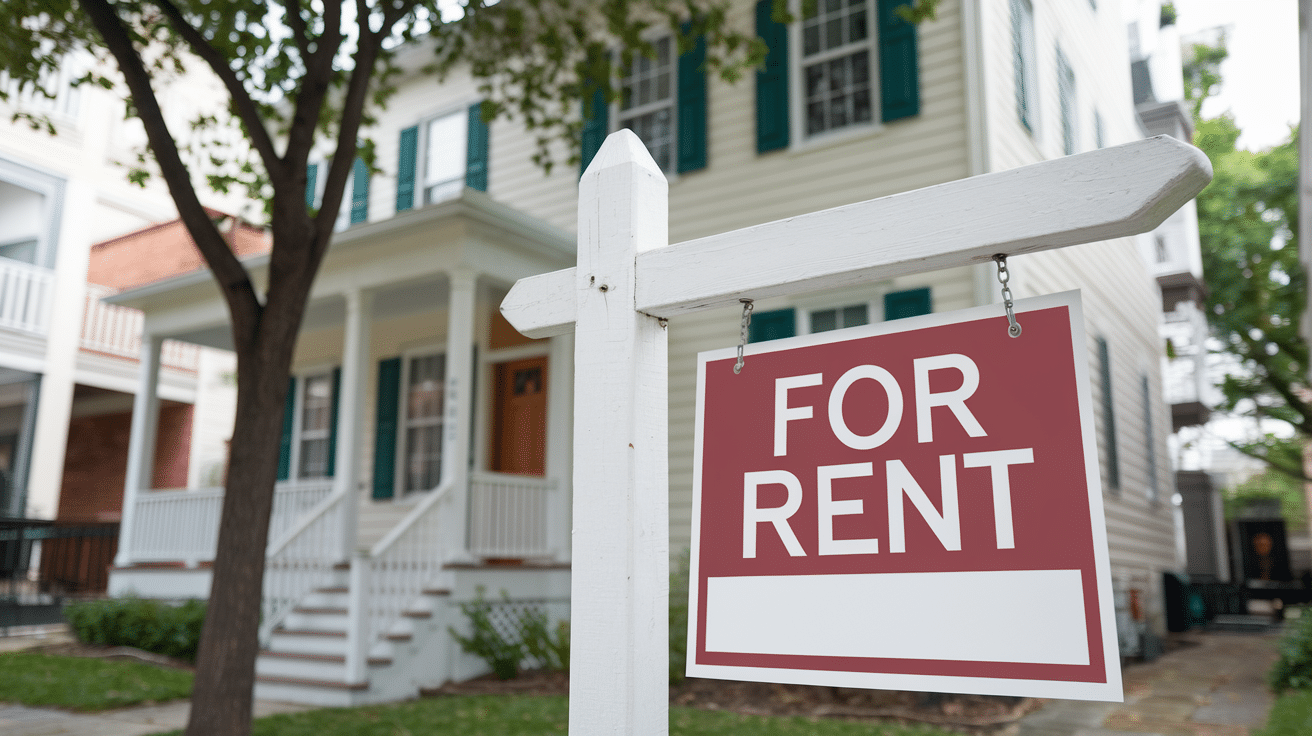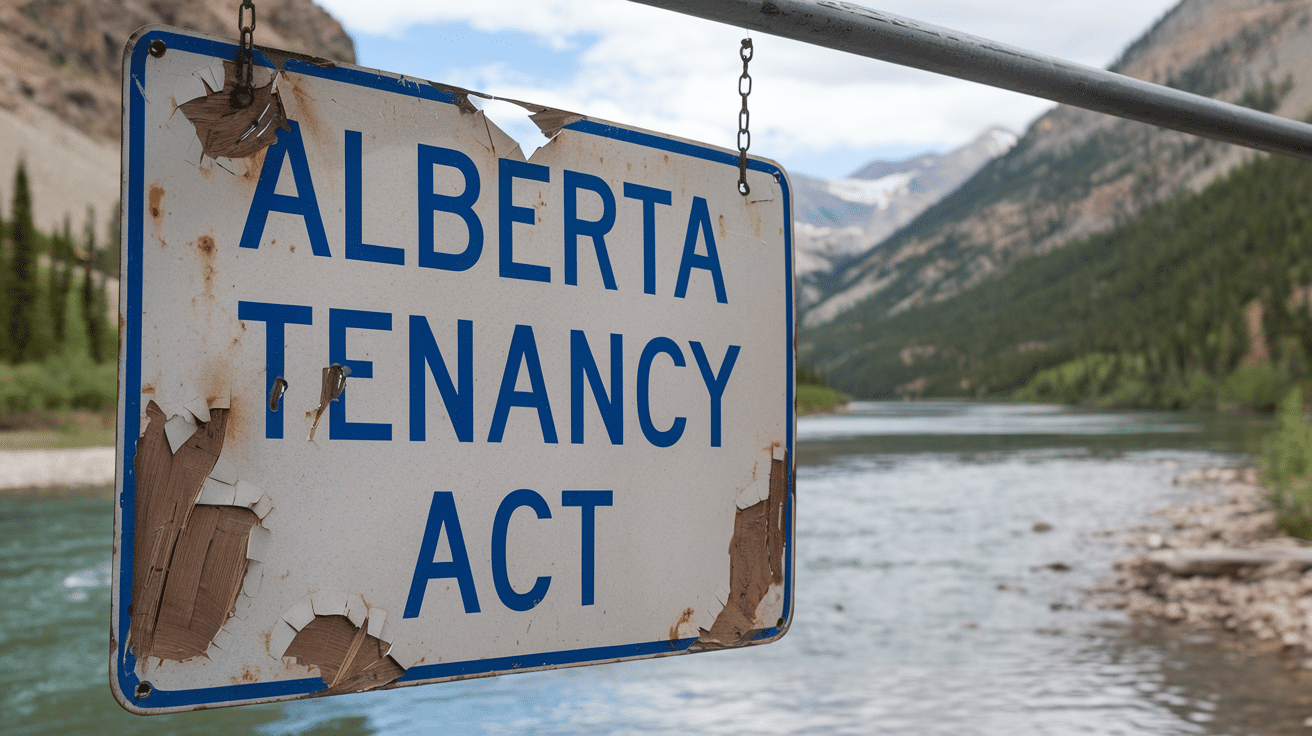Choosing the right property manager can supercharge your real estate success, whether it’s residential or commercial. For landlords or property owners, Property Managers Edmonton focuses on making your investments more profitable and well-kept. A professional property manager is vital. It might feel tricky at first, but knowing your needs makes the search simpler. This expert will handle daily chores, audit expenses and manage tenant matters.
It is important for us to clarify our expectations and understand the scope of services that a good property manager should offer. They should be adept at advertising vacant properties, screening tenants, coordinating maintenance, and managing financials, among other duties. Equally crucial is to review the property management agreement with a keen eye to ensure all our interests are protected and expectations are articulated clearly. By doing due diligence and opting for a property manager with proven expertise and a solid reputation, we position our rental property to be managed with professionalism and care.
Key Takeaways
- A proficient property manager impacts the success of our rental property investment.
- Clear communication and a comprehensive agreement are vital when selecting a property manager.
- Proper vetting ensures our property manager aligns with our real estate management needs.
Identifying a Qualified Property Manager

When looking for a qualified property manager, we need to understand the comprehensive role they play, scrutinize their experience and credentials, review client feedback, and conduct thorough interviews to ensure their suitability for our property management needs.
Understanding the Role and Responsibilities
A property manager shoulders a vast array of responsibilities, from handling daily operations to making executive decisions that affect the property’s value and our peace of mind as owners. They must be adept at managing tenant relations, conducting property maintenance, and overseeing financial obligations such as rent collection and budgeting.
Evaluating Experience and Credentials
Experience: We prioritize property managers with a robust track record of managing properties similar to ours, ensuring they have practical knowledge of industry-specific challenges.
Credentials: It’s essential to verify that a property manager holds relevant licenses and certifications, such as those issued by the Institute of Real Estate Management (IREM) in Canada. Education in property management or real estate also demonstrates a foundational understanding of the field.
Checking Reviews and Past Performance
We examine reviews and past performance indicators to assess a property manager’s reputation. Platforms such as the Better Business Bureau (BBB) can provide insights into their professional conduct and client satisfaction. We look for patterns in feedback that either commend or raise concerns about their services.
Interviewing Prospective Candidates
During an interview, we ask specific questions related to their management style, communication methods, and routines in handling emergencies. Through this conversation, we gain insight into their level of professionalism and ability to align with our property management needs. We also obtain references to further corroborate their suitability.
Working with Your Property Manager

When we choose a property manager, it’s crucial that we set precise expectations and understand the scope of the management services they will provide. Our relationship should be built on clear communication and aligning with the agreed terms of service. This proactive approach will foster a successful partnership.
Setting Clear Expectations and Fees
We need to discuss and agree upon the specific services the property manager will provide. Services might include tenant screening, collection of rent, maintenance, and repairs, including emergency repairs, and handling evictions. We must also establish a detailed fee structure that outlines regular fees and any extra charges that might accrue for additional services. Such clarity helps to avoid any misunderstandings later on.
Regular services included:
- Tenant relations and lease agreement enforcement
- Routine property maintenance and inspections
- Handling of emergency issues
Possible additional fees:
- Vacancy fees
- Lease renewal fees
- Extensive repair management
Understanding the Management Contract
The property management contract is a crucial document that outlines our legal relationship. We must understand each section of this contract, including the duration of service, terms of termination, and specific roles in maintenance tasks. This contract should also detail responsibilities regarding repairs and maintenance, and the approval process for expenses over a certain amount.
- Contract Term: Typically one year, with specifics on renewal
- Termination Clause: Conditions under which either party can end the agreement
- Financial Responsibilities: Clear cap on expenditure without owner approval
Maintaining Effective Communication
Effective communication is key to working with our property manager. We should establish regular update intervals, preferred communication channels, and emergency contact protocols. Ensuring we stay informed about our property’s status, especially concerning tenant matters and financial reports, will help us make timely decisions.
- Communication methods: Email updates, online portals, monthly phone calls
- Emergency communication: Immediate contact in case of urgent matters
Evaluating Performance and Handling Issues
Regularly evaluating the property manager’s performance against the initial expectations is important. We should assess their responsiveness to maintenance requests, their efficiency in handling tenant issues, and their effectiveness in keeping vacancy rates low. If there are performance issues, we must address them promptly and preferably in writing, to ensure they are recorded and actioned.
- Performance indicators: Occupancy rates, maintenance response times, financial reporting accuracy
- Issue resolution: Documented discussions and resolutions for performance-related matters
By adhering to these practices, we ensure that our partnership with the property manager remains strong, professional, and mutually beneficial.






